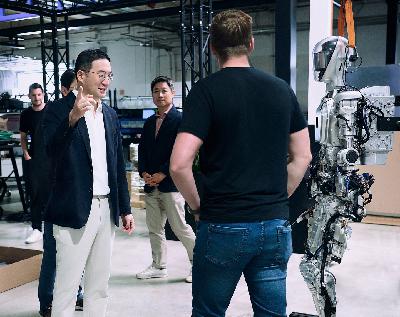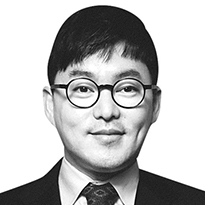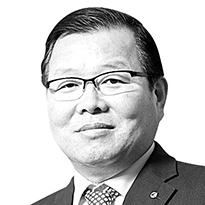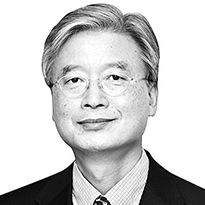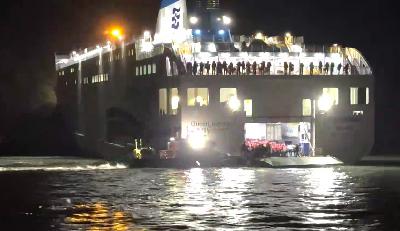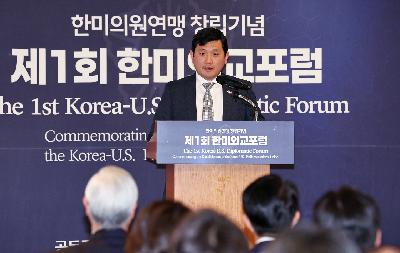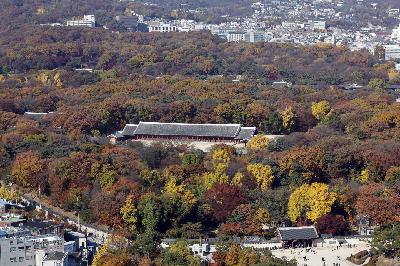Another tragedy born from enforcement-driven crackdowns
Update: 2025-11-23
Description
Won Ok-kum
The author is a representative of the Migrant Center Donghaeng and is originally from Vietnam.
Another migrant worker has died in Daegu's Seongseo Industrial Complex. The victim, Tuan, came from Vietnam. She fell to her death while trying to hide between factory buildings to evade an immigration crackdown on undocumented workers. Official records will frame it as an "accident during enforcement." Yet behind that phrase lies a much deeper story about the people Korea needed but never accepted, and the accumulated fear that shaped their lives.
For me, the death of a young woman from my own country, who migrated to the same nation as I did, was a painful shock. She was not even undocumented in the way the term is often used in Korea. She graduated from a Korean university and was searching for full-time employment. To ease financial stress during her hunt, she took on a temporary part-time job. Even so, the crackdown pushed her into hiding and ultimately to her death.
The word "illegal immigrant" stings each time I hear it. It brands a person as "illegal," defining their existence as criminal. In 2016, the National Human Rights Commission recommended discontinuing the term and replacing it with "undocumented migrant worker," arguing that while actions can violate the law, people themselves cannot be illegal. Yet government documents and enforcement sites routinely use the former term as if it were neutral. How long will we continue labeling people as illegal?
The reasons people become undocumented are rarely simple. Many do not deliberately overstay their visas. Instead, they fall victim to gaps in policy and structural contradictions. Under trainee programs and the Employment Permit System, Korea has relied on skilled foreign labor for decades while denying them paths to permanent residency or citizenship. Migrants are welcomed when labor is needed, then treated as disposable once their work is done. That contradiction falls hardest on the most vulnerable individuals.
In my work counseling undocumented workers, one emotion is constant: fear. Some hide in factory bathrooms for hours when enforcement teams arrive. Others have been deported after failing to retrieve identification during raids, torn from families and livelihoods. Many remain silent despite wage theft because reporting it could lead to deportation. They do not live outside the law; they live under its constant shadow.
If the goal of enforcement is to uphold legal order, we must ask who the system is protecting. The more that crackdowns are measured by results, the more that people run, hide and take risks. Tuan's death was not an anomaly. It was a predictable outcome of the system.
Korean society now stands at a turning point. Multicultural families are common. Entire industries rely on foreign workers. Migrants live, work, pay taxes and raise children here in greater numbers than many realize. Yet institutions still treat them merely as labor, offering minimal rights and little cultural or legal integration. Policy has fallen behind reality.
This incident forces us to ask hard questions. How do we see the people who share this country with us? Are we prepared to recognize them as members of society? Most importantly, what must change to prevent more deaths?
The government must shift away from enforcement-first policies and create pathways that provide undocumented workers a way to gain legal status. This requires rational visa adjustments, policies that acknowledge structural dependence on migrant labor and law enforcement that prioritizes human dignity above all else. Society, too, must see migrants not as threats or criminals but as neighbors.
Tuan's death marks the end of one life, but it also asks where this society is heading. We have witnessed many tragedies and vowed each time that they must not happen again. But nothing changes if we only speak and do not act. The attitude and policies regarding migrant workers must move beyond the contradi...
Comments
In Channel

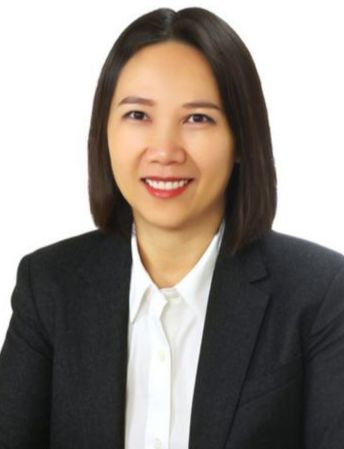



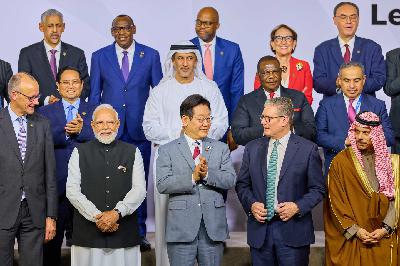


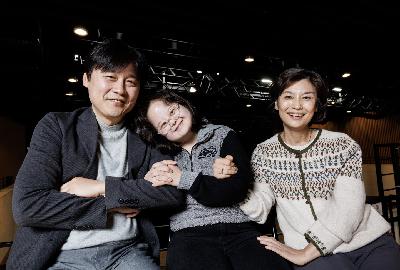
![[WHY] Koreans' obsession with having a 'baby face' [WHY] Koreans' obsession with having a 'baby face'](https://s3.castbox.fm/ab/d1/a1/cc51b65568da16ce65e31513bb3c3f6452_scaled_v1_400.jpg)
